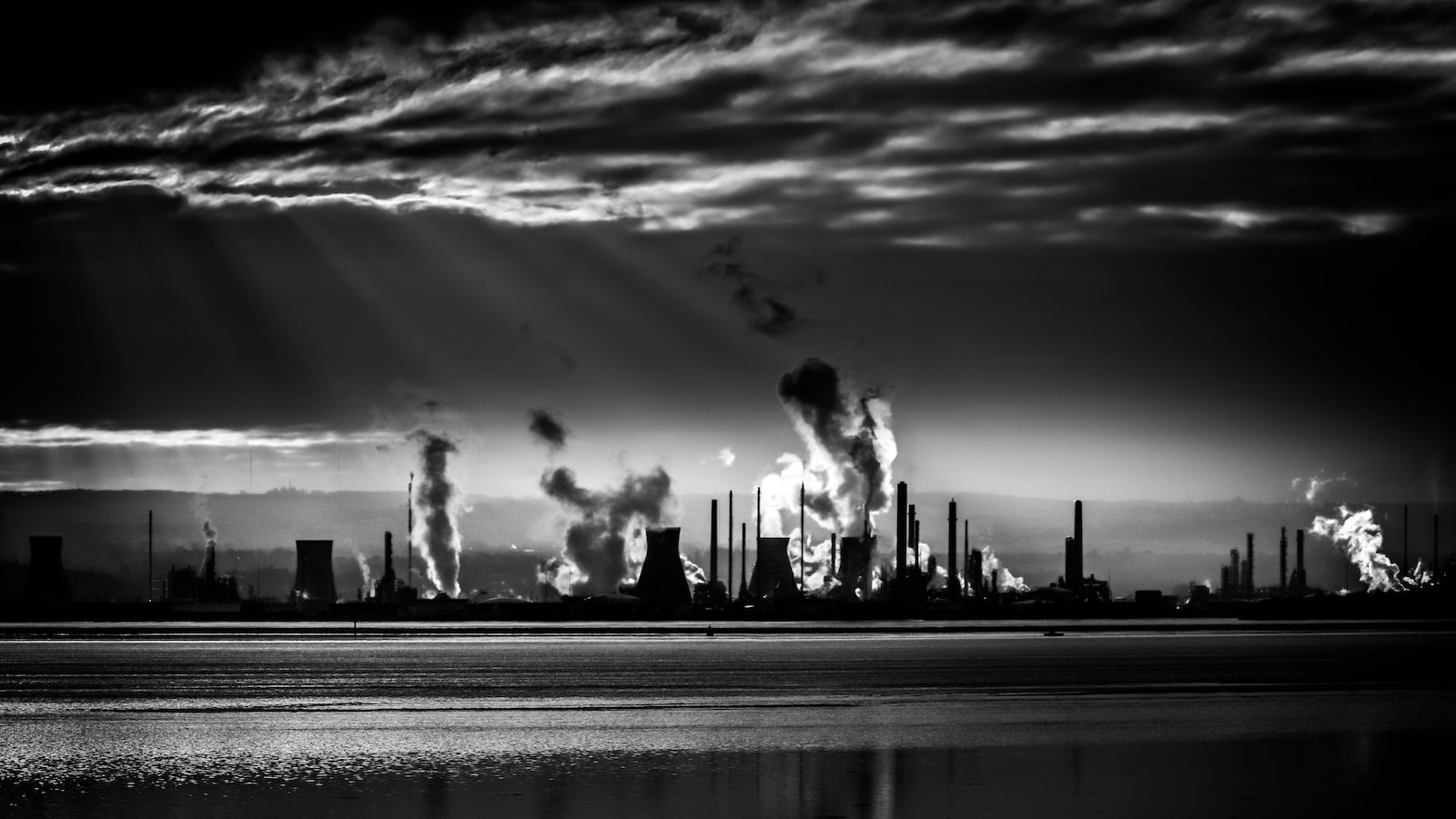In today’s rapidly transforming global landscape, the petrochemical industry is facing numerous challenges and must constantly adapt to changing trends. The industry serves as a vital link between the energy sector and a wide range of consumer goods, making it crucial for companies to stay ahead of the curve.
Alternative Feedstocks
One of the most notable trends shaping the petrochemical industry is the increasing focus on alternative feedstocks. With growing environmental concerns and concerted efforts towards sustainable practices, companies are exploring bio-based feedstocks derived from renewable sources such as biomass and waste products. These alternative feedstocks not only reduce the industry’s reliance on fossil fuels but also contribute to carbon emission reduction.

Technological Advancements
As the demand for higher efficiency and cost-effectiveness rises, the petrochemical industry is embracing technological advancements. Cutting-edge technologies like artificial intelligence (AI), Internet of Things (IoT), and automation are revolutionizing various processes within the industry. AI-driven algorithms optimize operations, enhance safety protocols, and improve supply chain logistics. IoT devices provide real-time monitoring and data analysis, while automation streamlines production and enhances overall productivity.

Shift towards Circular Economy
Driven by environmental concerns and social responsibility, the petrochemical industry is gradually shifting towards a circular economy model. This model emphasizes recycling, reusing, and reducing waste. Companies are implementing innovative recycling technologies to convert plastic waste and other byproducts into valuable raw materials, minimizing their environmental impact and contributing to a sustainable future. The circular economy approach not only offers economic benefits but also strengthens corporate reputation.

Digitalization and Data Analytics
With the vast amount of data generated in the petrochemical industry, utilizing advanced data analytics tools becomes essential. Digitalization enables better decision-making, optimization, and predictive maintenance. Through data analysis, companies can detect patterns, identify areas for improvement, and predict equipment failures, allowing for proactive and efficient maintenance. Leveraging data analytics fosters smarter operations, reduces downtime, and enhances overall profitability.

Conclusion
The petrochemical industry is undergoing a transformational journey, marked by various trends that demand adaptation and innovation. Embracing alternative feedstocks, integrating advanced technologies, championing a circular economy, and utilizing data analytics contribute to sustainable growth and a competitive edge. By staying aware of these industry trends and continually adapting, companies in the petrochemical sector can position themselves as leaders in a rapidly changing world.
“Innovation is the ability to see the change as an opportunity, not a threat.”
- Anonymous





